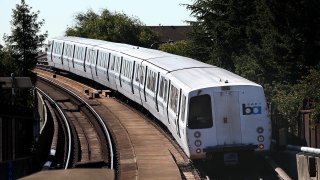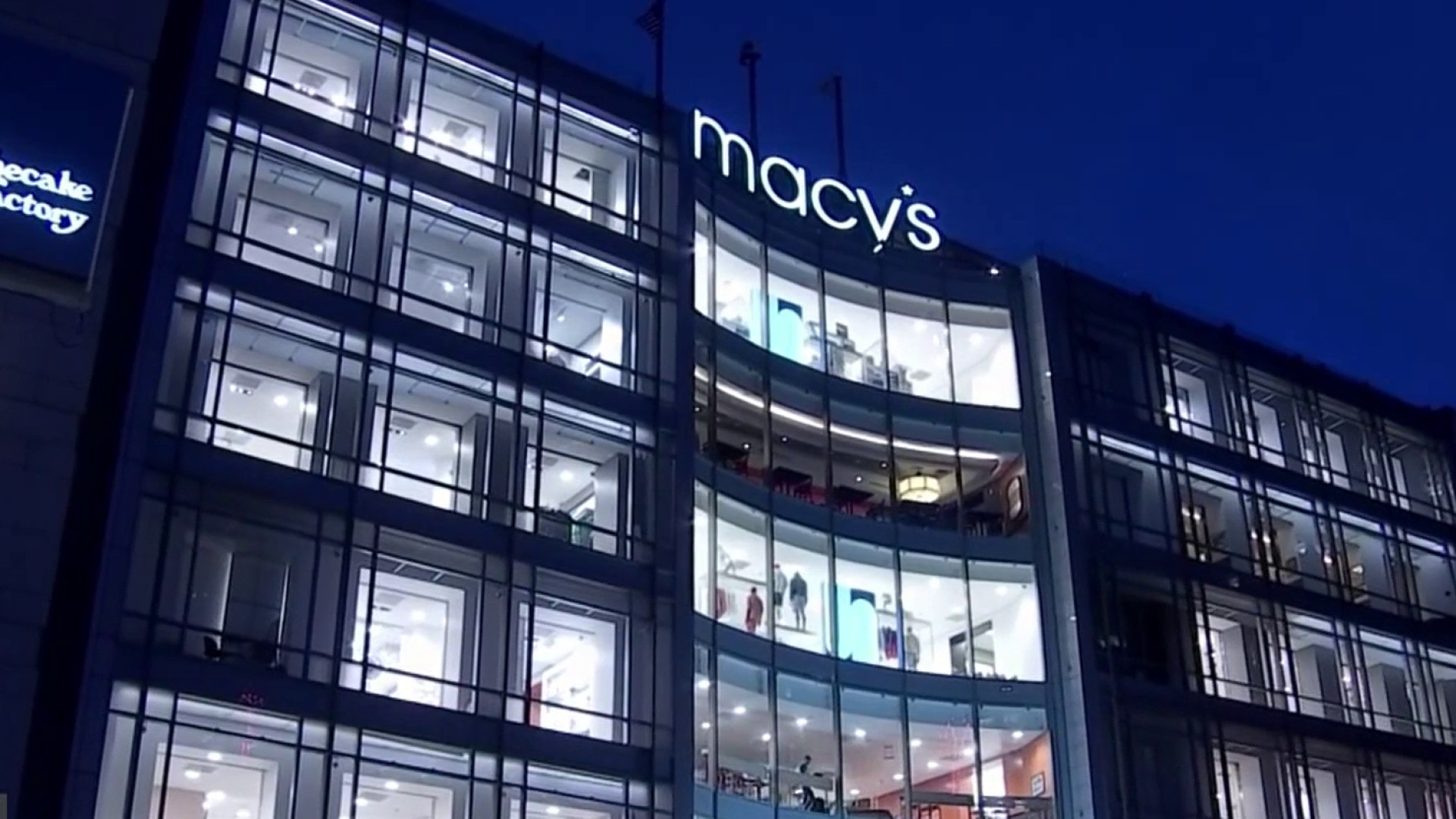
BART will spend almost $800 million for a modern train control system its leaders say will enable more trains to run on tighter schedules, and allow for more (and more frequent) service through the Transbay Tube.
On Thursday, BART's board of directors approved a $798 million contract with Hitachi Rail STS USA, Inc. to design and build the train control system. The new system, to be installed over the next 11 years, will replace the current system installed in 1972.
BART currently relies on a "fixed-block" train control system, which relies on widely spaced signal blocks to denote a train present on a given section of track. The new communications-based train control system can more precisely detect a train's location, which improves reliability and allows for shortened distances between trains. That will allow for more trains on the system at a given moment, thus more frequent service.
"This will be a pivotal project in BART's history," BART General Manager Bob Powers said in a statement. "Modernizing our train control system will help us to support future ridership in the busiest sections of our system."
Funding for the new train control system is coming from a variety of local, state and federal sources, including $400 million from Measure RR, approved by voters in Alameda, Contra Costa and San Francisco counties in 2016 to provide $3.5 billion in bond funding to rebuild BART's infrastructure. Major funding is also anticipated to come from the Federal Transit Administration's Capital Investment Grant Program.
The new train control system is one of four major components of BART's Transbay Corridor Core Capacity Project, expected to boost BART's overall capacity by 45 percent, according to Carl Holmes, BART's assistant general manager for planning, development ands construction.
Local
The $3.5 billion project also calls for 306 more Fleet of the Future passenger cars, a maintenance complex for the new train cars and new electrical substations to ensure reliable power for all trains.
"This is critical because our trains are already crowded, and we anticipate the average number of riders who travel transbay per hour during the commute will jump to 30,000 by the year 2030," Holmes said in a statement.
In addition to the main contract, Hitachi Rail was awarded nearly $82 million in contracts to design, build and support similar communications-based train control for BART's Silicon Valley Extension. The funding for that project will be provided by the Santa Clara Valley Transportation Authority.



